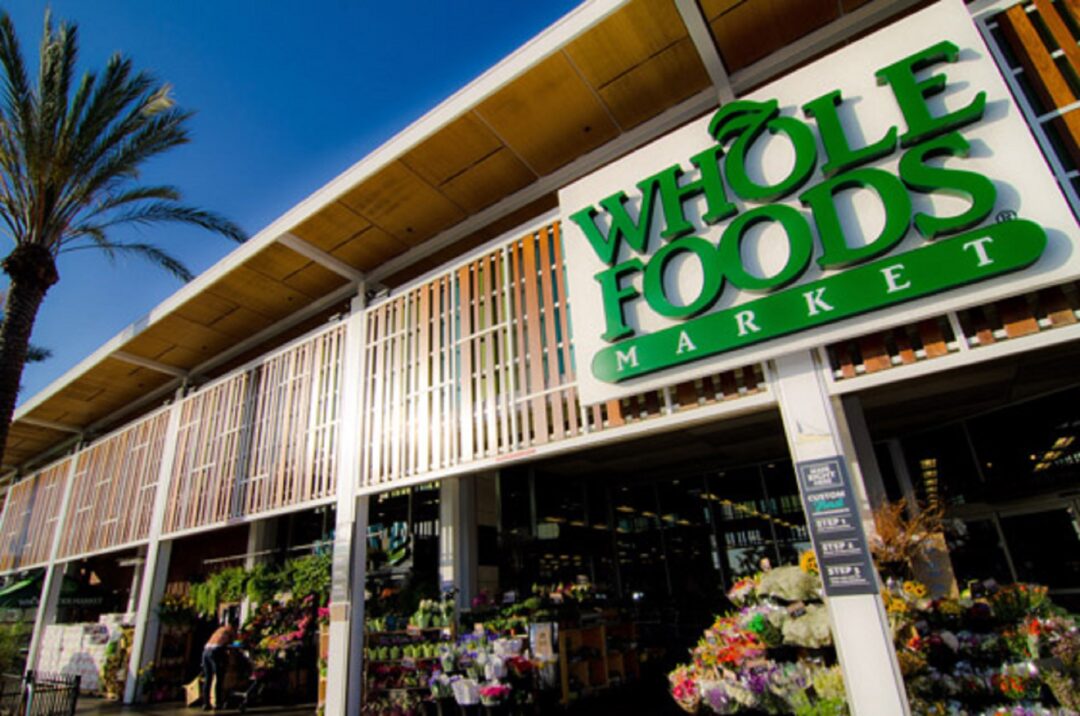Amazon will pay $42 a share in cash for the organic-food chain, the companies said on Friday. John Mackey, Whole Foods’ co-founder and chief executive officer, will continue to run the business. Mackey gets some breathing room from the deal as he has been under pressure from activist investors to turn things around after 18 months of negative same-store sales. On Thursday he had blasted hedge fund Jana Partners as "greedy bastards" intent on forcing a sale.
“Millions of people love Whole Foods Market because they offer the best natural and organic foods, and they make it fun to eat healthy,” Amazon CEO Jeff Bezos said in a statement.
"This partnership presents an opportunity to maximize value for Whole Foods Market's shareholders, while at the same time extending our mission and bringing the highest quality, experience, convenience and innovation to our customers," Mackey said in prepared remarks.
Moody's lead retail analyst Charlie O'Shea said in a note that the deal could be "transformative...not just for food retail, but for retail in general."
The news was a surprise to some in the industry, as Kroger had been a rumored acquisition candidate. Amazon has been adding bricks and mortar operations and opened Amazon Go, a test grocery outlet in Seattle allowing customers to shop and scan. The deal gives it 430 new retail locations while Whole Foods gets new distribution.
More recently it discounted the price of its Prime membership in an apparent attempt to attract the lower-income Walmart customer. This deal brings Amazon a more affluent brick-and-mortar customer base, consistent with its existing Amazon Prime customers.
Jay Jacobowitz, president of Retail Insights, based in Brattleboro, VT andWholeFoodsMagazine columnist, noted Whole Foods Market's sales at about 10% of Amazon's sales are "almost a rounding error." "The Amazon bid looks like a Bezos rescue of John Mackey and that's fine," he says. "It will allow Whole Foods to remain Whole Foods rather than becoming more like Kroger."
Larry Smith, a New York-based digital transformation expert, said the deal is not about food delivery.
"Amazon continues to carve out a unique luxury, high-quality position built on scale and brand. This is not about food delivery. This is about high-quality food for people who can afford it. It is market penetration that Walmart and Kroger will never achieve."
Will there be enough organic food to satisfy that penetration? That question went unanswered on a CNBC briefing about the deal.
For independent retailers who were already outclassed by Whole Foods Market, the news just brings more of the same.
"Since independents were already outclassed in terms of capitalization, Amazon's deeper pockets don't really make a difference," said Jacobowitz. "Independents must continue to focus on their strengths and core competencies."
It's probably not going to get any easier for vendors.
In an email to customers, Whole Foods promised to keep to its standards for quality and customer service. "No artificial flavors, colors, preservatives, sweeteners or hydrogenated fats will ever be in any of the food we sell," the email stated.
"The Amazon Whole Foods will lower prices, put Amazon lockers in every Whole Foods and become the store for Millennials and GenZ offering great value and great foods," predicted retail industry analyst Phil Lempert. "I also expect to see a push for more store branded products and less national brands (same as Aldi and Lidl) since Amazon has been pushing their own brands in food and beverages online."
Shares of Whole Foods Market soared 28% on Friday but grocery stocks all plummeted. CNBC named Walmart and private equity player JAB Holdings as other possible bidders.
What do you think?
Share your thoughts in the comments section at the bottom of this page or on the Whole Foods Magazine Facebook page.(WholeFoods Magazine has no affiliation with Whole Foods Market.)










